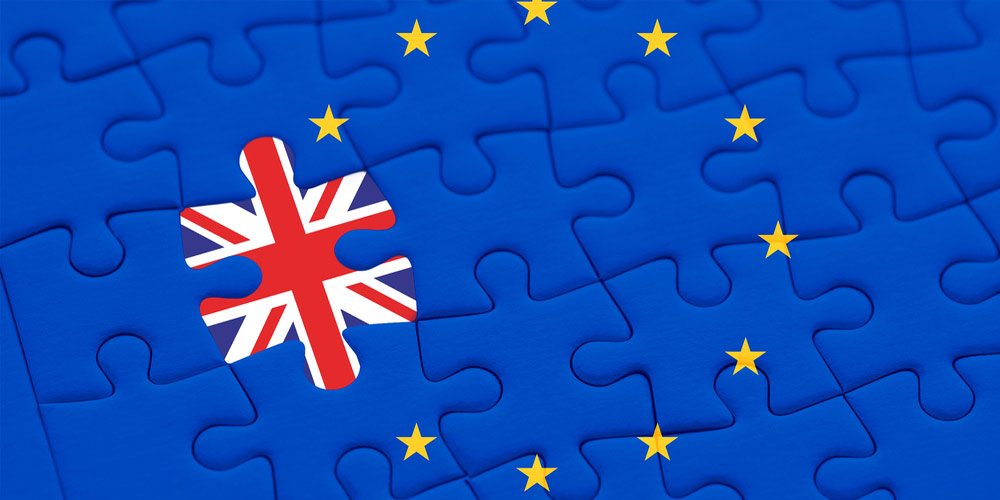As time ticks down towards next month’s Brexit vote the debate is getting loud enough to drown out almost everything else. Yet developments on the Continent are just as important for our future if Britons decide to remain in the EU.

Brexit: busting the myths part three
This week, we heard Brexit will lead to a loss of 1,000 jobs a day and a delay to the cure for cancer. ‘Leave’ accuses the Treasury of propaganda.
As the weeks pass, the claims become more ludicrous. Statistics are bandied about with unabashed certainty, even though they cannot be based on any firm data. It would appear that politicians on both sides have a low opinion of the electorate’s intelligence. At general elections they are quite good at hiding their condescension – here they are broadcasting it loud and proud. The latest ORB poll suggests ‘remain’ is in the ascendency with a 13 point lead. That looks pretty comfortable.
Consensus suggests sterling will rally if we remain and everything will be ok. There is no doubt, in the short-term, volatility will be significantly lower. But the medium-term outlook is not so clear and substantial uncertainty remains. I’m off to Greece in three weeks for a (well deserved – honestly, boss) holiday, which reminds me: that particular issue remains alive and kicking- as does the rising tide of Euroscepticism across the Continent. This week, the far-right Austrian Freedom Party lost the presidential election by only a few thousand votes.
Why this swelling isolationism? Well, there are the age-old cultural differences, but also it’s still unclear how sustainable it is for some countries to subsidise others. For the eurozone to be successful long term, a federal structure with one finance minister administering one fiscal policy across the zone will be needed. How palatable that is, is anyone’s guess…
We don’t seem to be anywhere near that, although I suspect all pro-EU politicians are steering well clear of the ‘F’ word during the current climate!
The challenge for the UK government in the aftermath of a victorious remain vote will be to ensure it is still easy to do business with UK plc. This is essential if we want to improve our ailing productivity and continue attracting foreign investment from outside of the European bloc. These measures – much like those we discussed for ‘leave’ – will be unpopular, but they’re vital for the nation’s prosperity. If we continue with the status quo, the emerging economies and the US could pull away once more and significantly outperform.
The UK government will need to embrace the union fully and avoid posturing to please the grass roots. It should maximise its influence to drive the future direction from the centre, ensuring less ‘red tape’ for business and a bright future for the City of London. Does this mean we have to join the euro eventually? In a federal Europe, the answer is probably yes, and that could kick off Brexit 2.0!
What does all this mean for investment strategy? Whatever the outcome on 23 June, the future for the European economy is unclear and the potential for fiscal and monetary policy errors remains high.
In my opinion, a medium-term underweight to Europe remains appropriate, come what may.
Next week I’ll take a closer look at the polls and what it could mean for short-term strategy ahead of the vote.

